The CZ-REU was a 10-week program held over 2 summers in 2023 and 2024
CRITICAL ZONE COLLABORATIVE NETWORK RESEARCH EXPERIENCES FOR UNDERGRADUATES (CZ-REU)
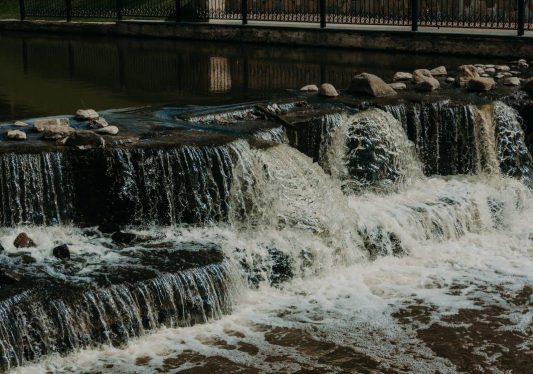
Program Overview
The program began with a three-day kick-off Meeting at a central location where students got to know each other and the leadership team, learn about CZ issues and research approaches, and begin exploring the connections between CZ science and society. Each student spent the remainder of the ten-week program at an institution in the CZ Network. There, they worked closely with a mentor scientist and their research lab group to design and carry out a project focusing on one of many environmental problems important to society. During the summer, the cohort of students met virtually 2-3 times each week to stay connected to each other, participated in science communication and other types of training, woredk on collaborative team projects, and explored the connection between CZ science and society.
The summer programs ended with either a virtual Student Research Symposium or they presented at the annual All Hand Meeting. CZNet-REU students had the opportunity to present their research at the annual meeting of the American Geophysical Union (AGU) in December of each year, where they reconnected with their cohort and networked with scientists from CZNet and across the discipline.
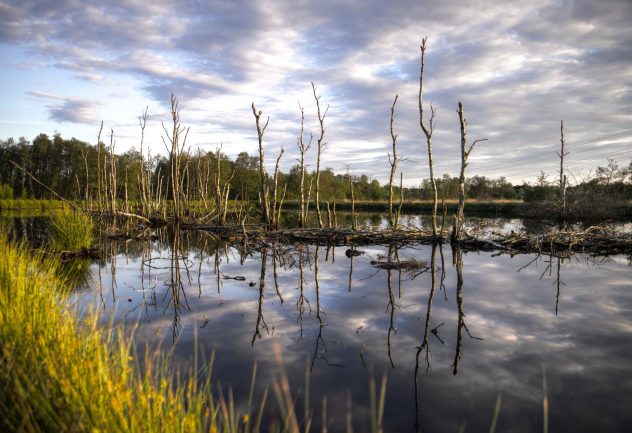
Meet the Cohorts
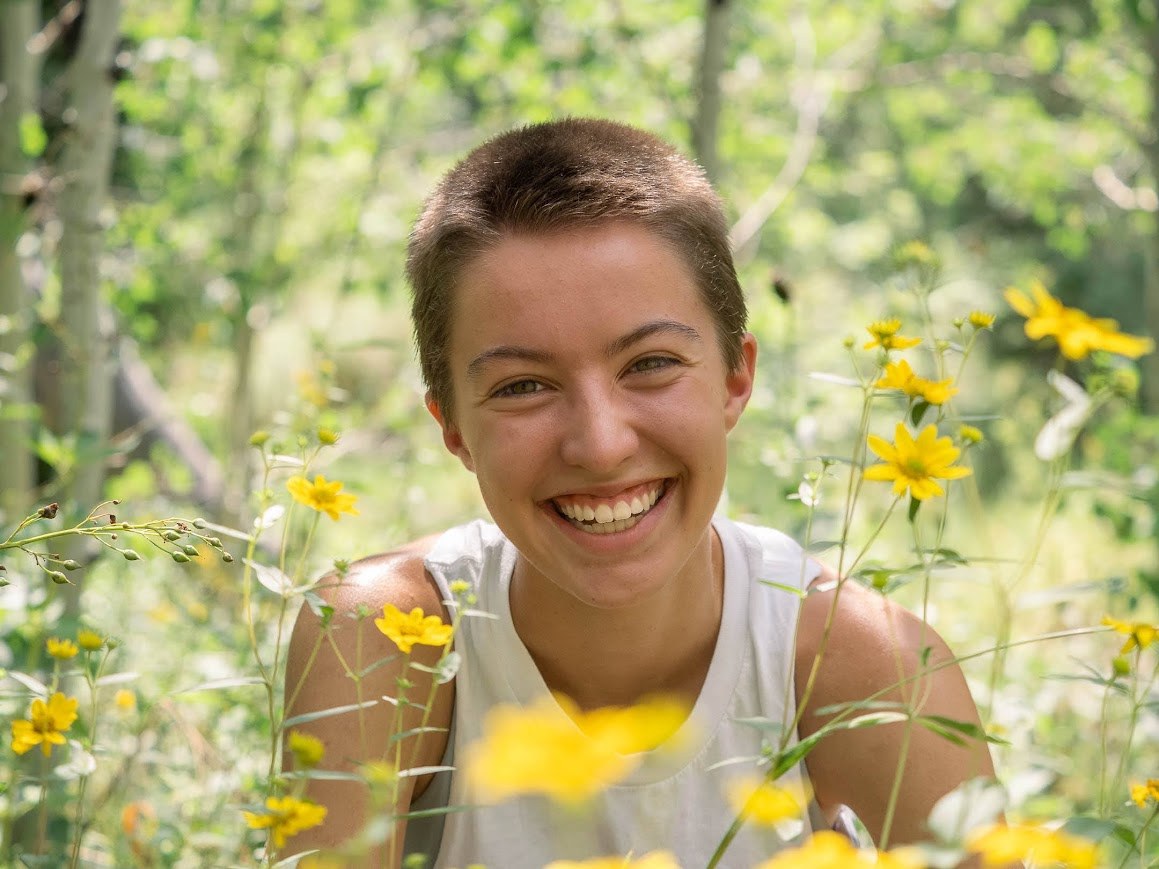
Bethany Blakey is a rising senior at the University of Montana studying Geosciences. During the summer of 2024, as a CZNet REU student, she worked at the Colorado School of Mines, as part of the Dynamic Water cluster, with Dr. Kamini Singha on a project titled: “How Does Juniper Encroachment Impact Soil Hydrological Processes Beneath Our Feet in Sagebrush Steppe?”.
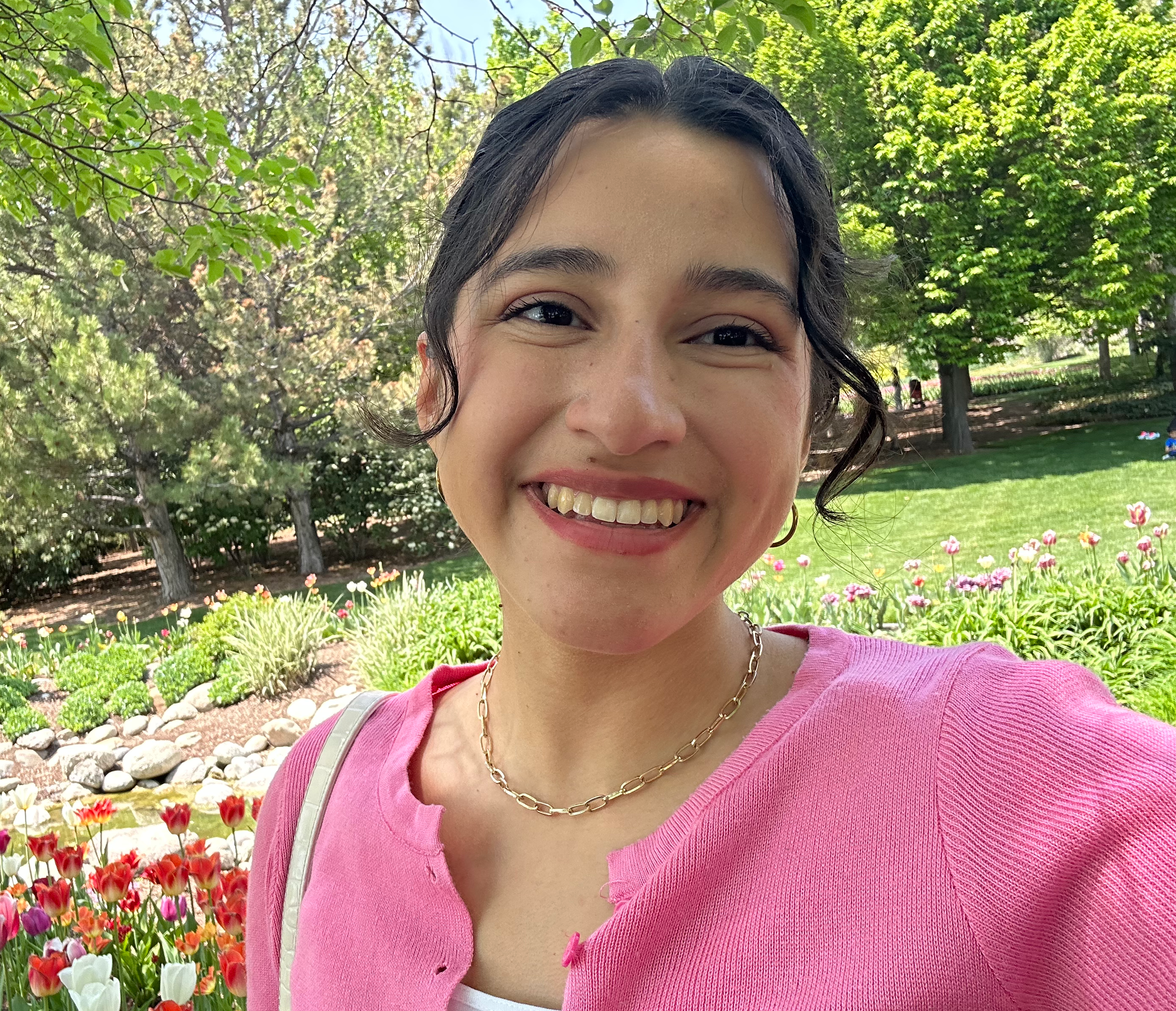
Clarissa de Leon is a senior at Brigham Young University, where she also did her REU with the dust^2 cluster. She compared dust quantities, particle sizes, and microbiology in different land uses within the Great Basin.
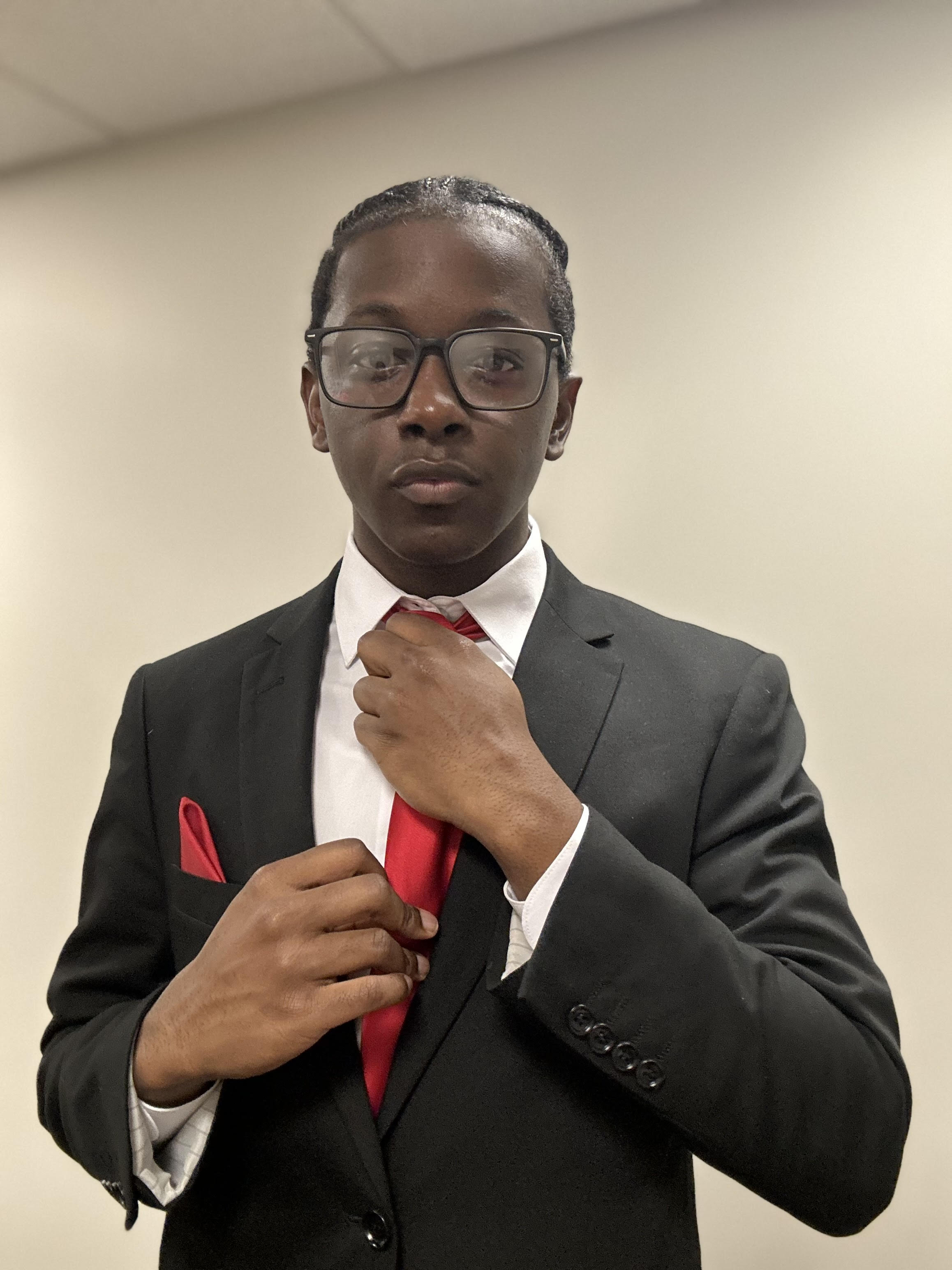
Dayvon Woodard is a Junior Geological Science major at Western Kentucky University. During the summer of 2024, he researched the geochemistry of agricultural accumulated dust in arid regions in the western United States under Dr. Greg Carling at Brigham Young University. Dr. Greg Carling, the amazing team at BYU, and Dayvon completed their research and are in the process of comprising ongoing results. You can reach Dayvon through LinkedIn: www.linkedin.com/in/dayvonwoodard
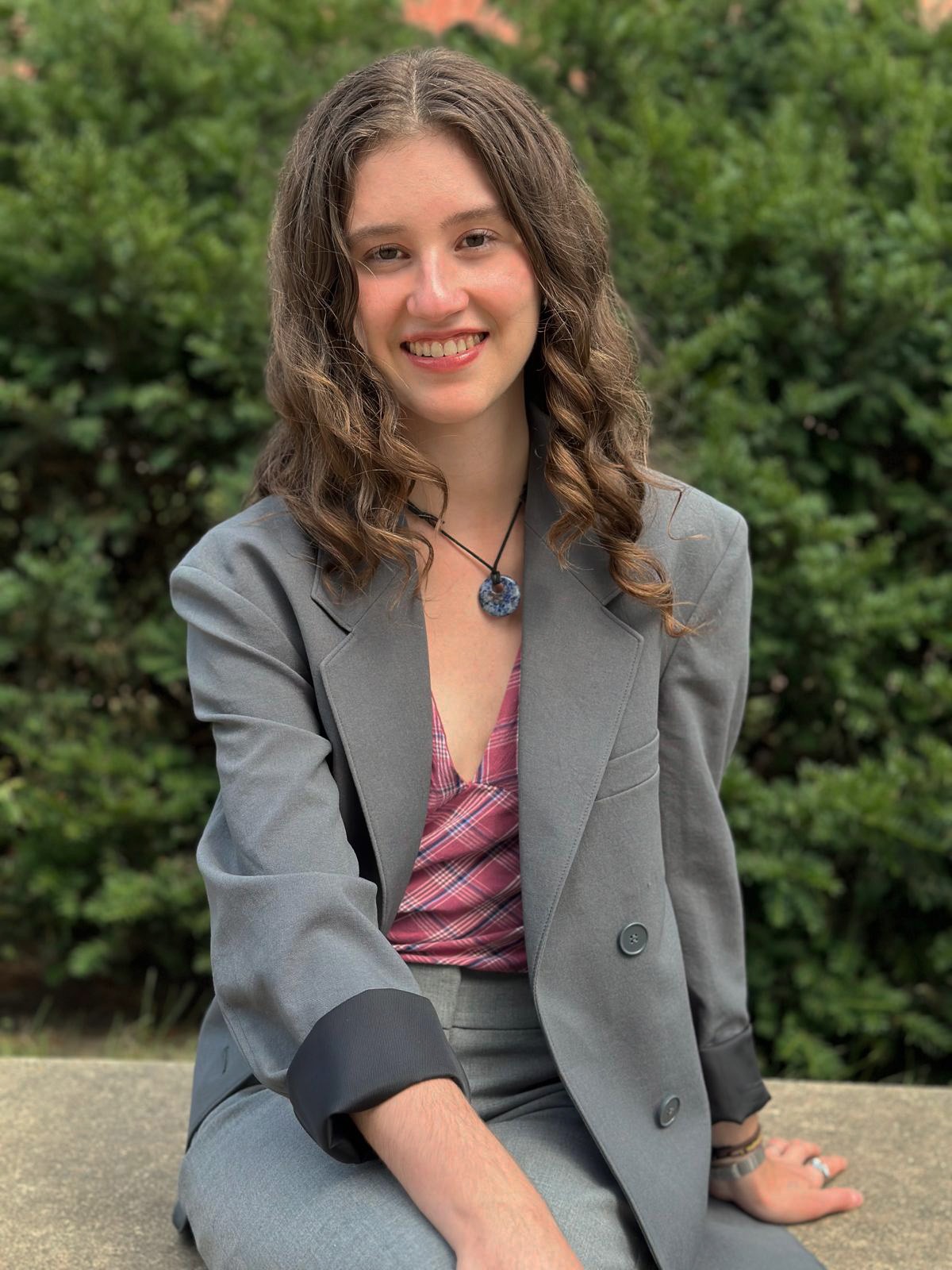
Irene is a rising senior at George Washington University. She is majoring in Environmental Studies with a minor in GIS and in French Language, Literature and Culture. As an REU student for the Critical Zone Network during the summer of 2024, she has been working with the Drylands cluster at University of Texas at El Paso, under the mentorship of Dr. Lixin Jin. With her project “Biotic Influence on Calcite Accumulation: Examining the Impact of Tree Root Density on the Mineralization of Pedogenic Carbonates in Irrigated Dryland Ecosystems”, she has been able to explore her interest for interdisciplinary science, geochemistry and tackling complex multi-faceted environmental problems. Highlights for this summer included furthering her lab skills, learning to conduct fieldwork and getting to observe the different transformations of dryland ecosystems as a result of human interactions with the El Paso landscape. After this experience, she wishes to continue pursuing research and working with critical zone science.
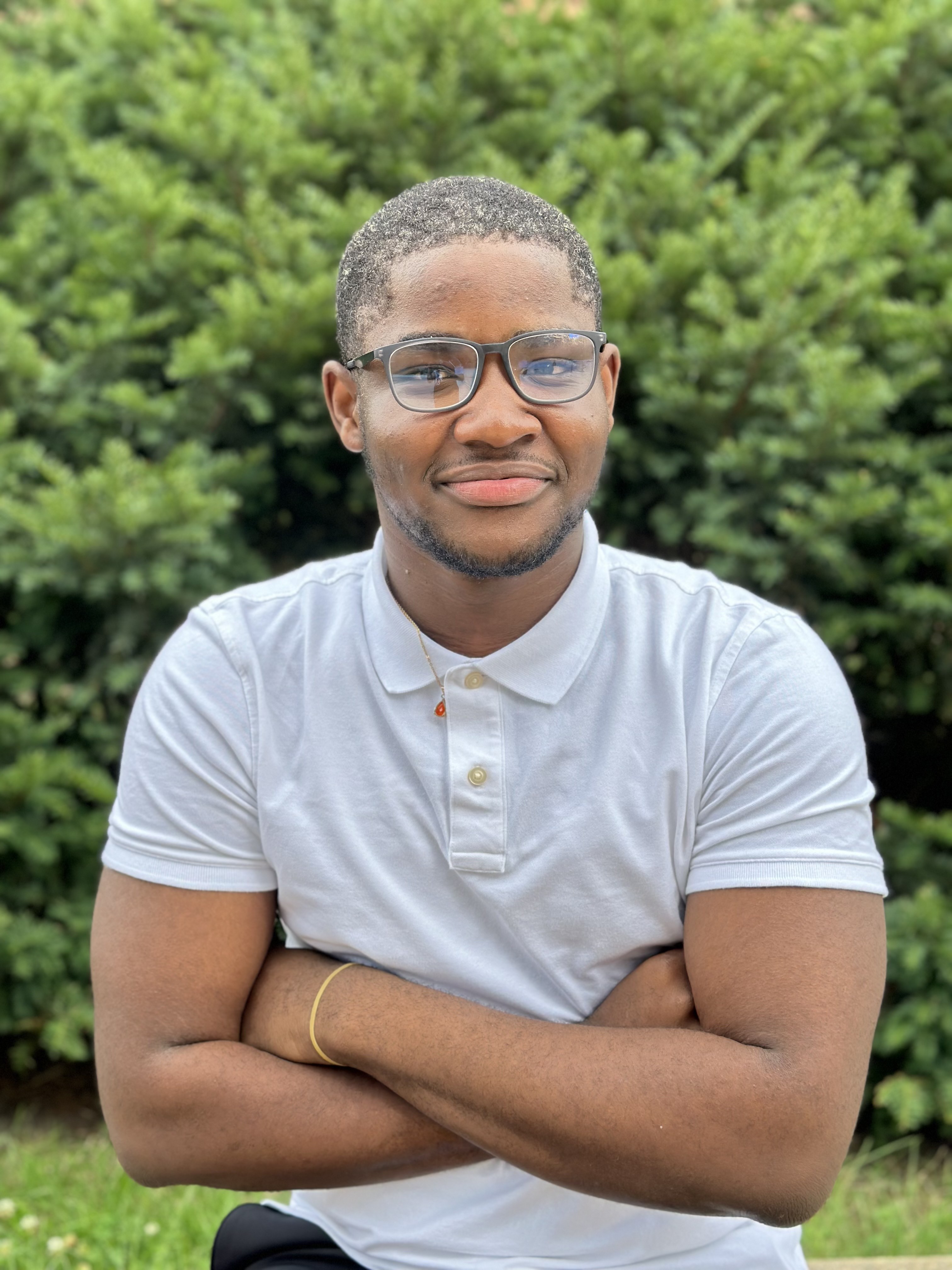
Obson Joseph, a sophomore at Essex County College majoring in General Science, is dedicated to advancing his education and plans to transfer to Rutgers University to further his studies. During the summer of 2024, he completed a ten-week internship at the Colorado School of Mines, where he engaged in pioneering research on “Time-lapse Electrical Resistivity to Assess Root Water Uptake of Ponderosa Pine in the Front Range of Colorado.” This experience deepened his understanding of environmental dynamics and highlighted the critical role of science in environmental sustainability.
Beyond Obson's scientific pursuits, he is an artist who finds grounding and expression through creativity. Art allows him to convey complex emotions and ideas that transcend words, enriching both his personal and professional life.
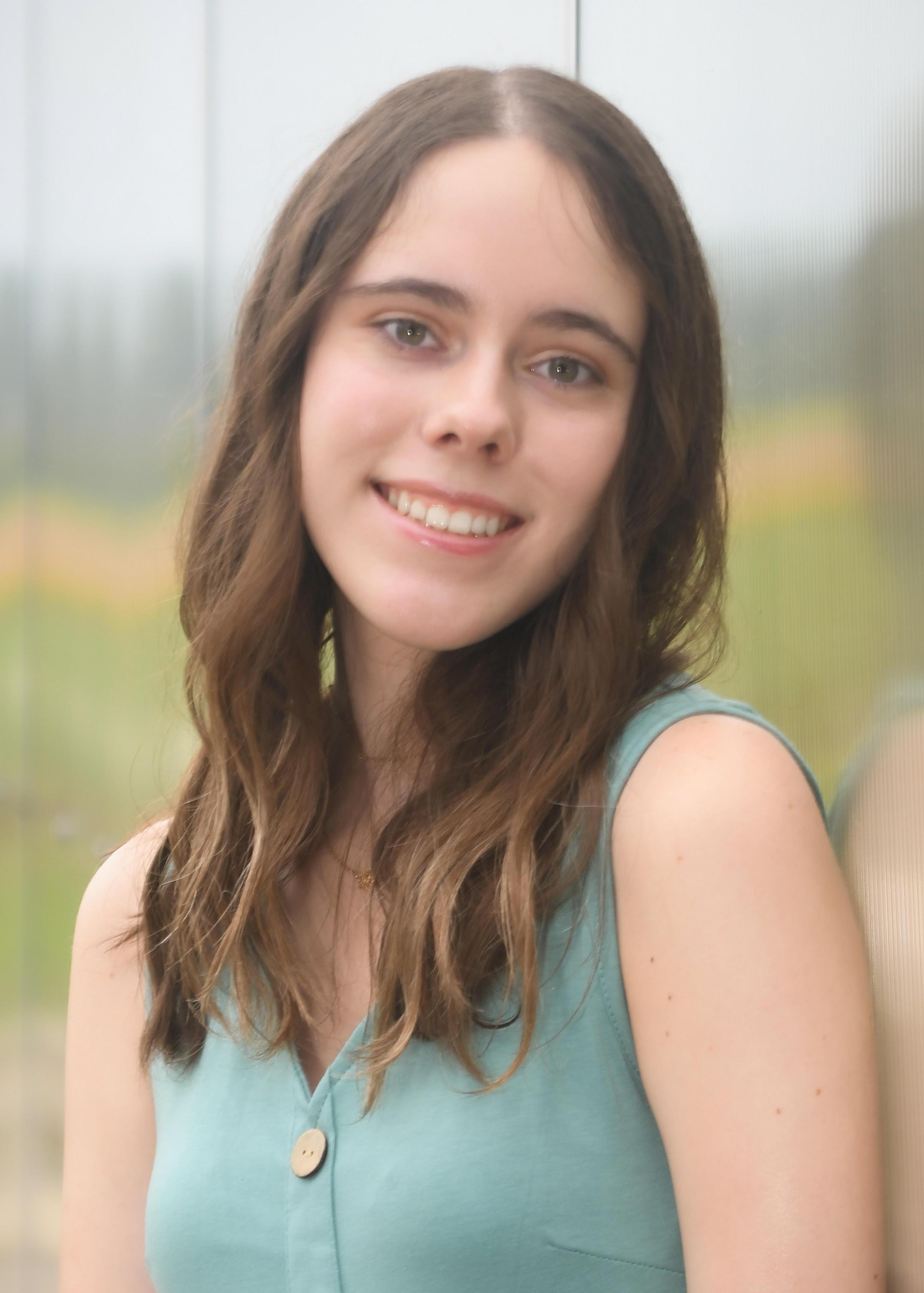
Rilee Lonberger is an Environmental Science and English major at Hanover College. While usually either back home in Michigan or at school in Indiana, her summer of 2024 was spent in Illinois at the University of Illinois Urbana-Champaign. There she studied and researched soil moisture dynamics in intensively managed landscapes as part of the CINet. She is now excited to start her Junior year at Hanover College and continue to learn about the wonderful world around her.
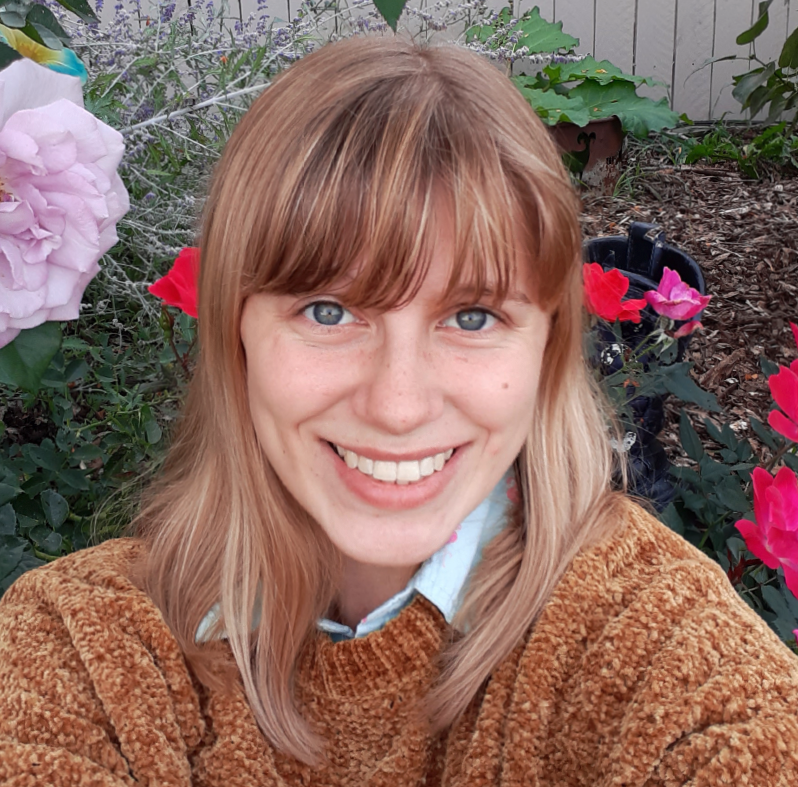
Sadie Mayer is a senior at Northern Illinois University studying Water and Soil Science. Currently, she is studying microplastics in river environments at NIU. Over the summer, she researched Spatial and Temporal Variations on a Midwestern River Floodplain at the University of Illinois Urbana-Champaign in the CINet cluster.
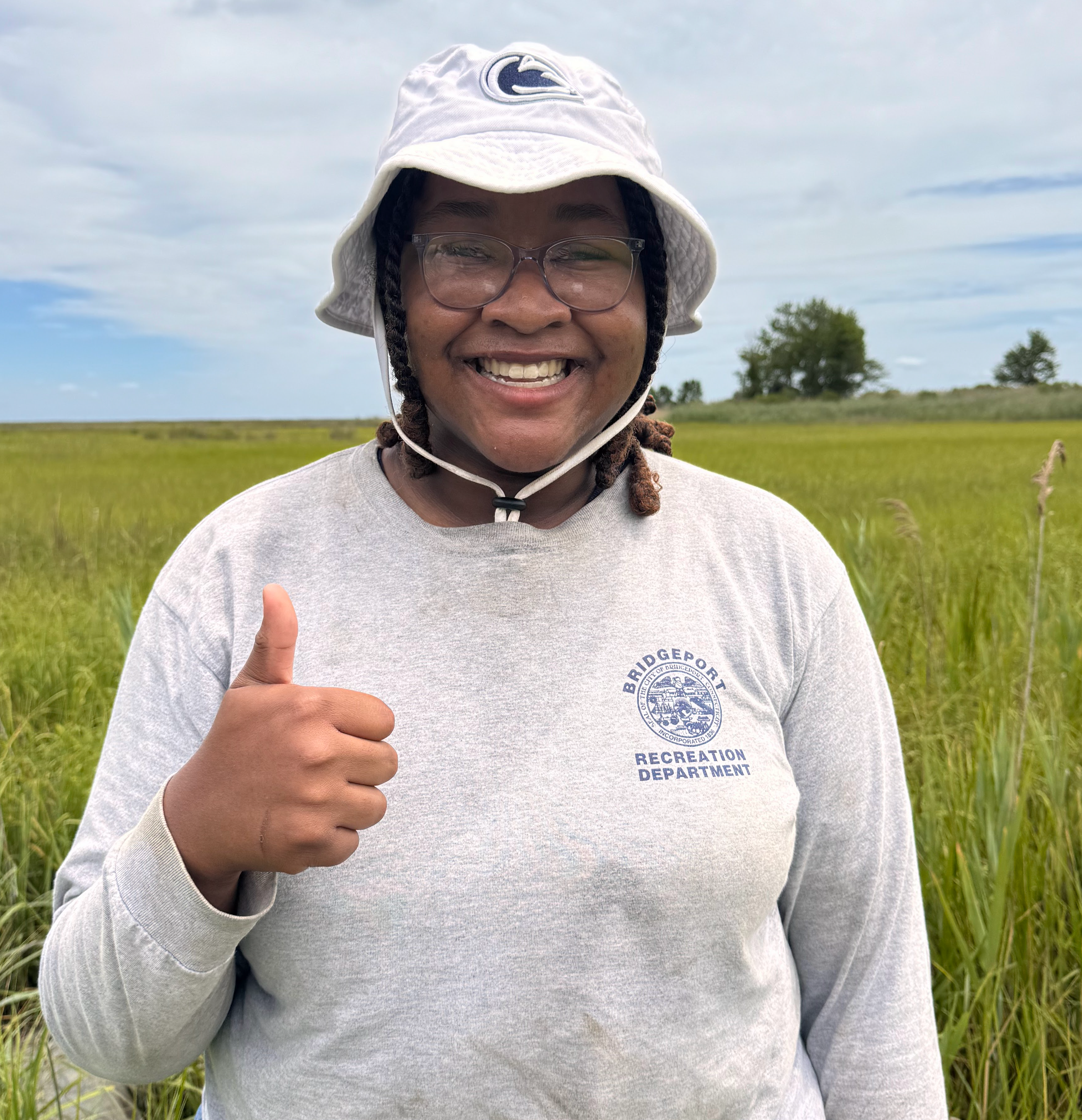
Saia Pride did research in the AgroEcology Lab at the University of Maryland under Dr. Kate Tully for the summer of 2024. She is pursuing her undergraduate degree at Penn State University, majoring in Geoscience. Saia is keenly interested in geochemistry and paleontology, exploring the intricate relationships between Earth's chemical processes and ancient life forms. She is gaining hands-on experience studying biogeochemistry processes in soil respiration.
Outside of her academic career, Saia is an avid nature lover and foodie, often spending her weekends capturing the beauty of natural landscapes and many different plates. She is also passionate about environmental conservation and volunteers with Penn State's EcoAction club to foster a sustainable community. Saia also enjoys baking and anything pink.
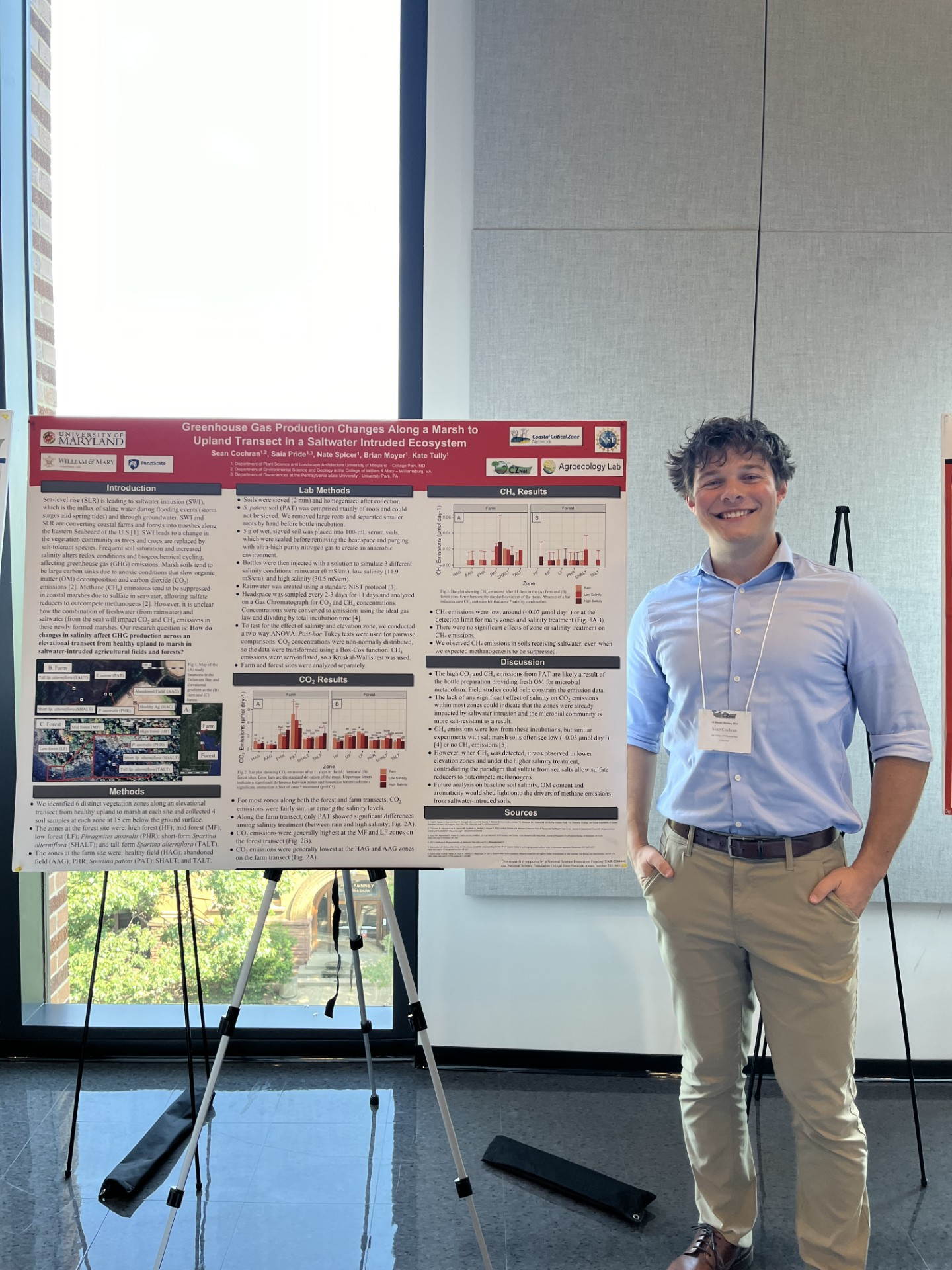
Sean Cochran is an undergraduate Geology and Environmental sciences student at The College of William & Mary in Williamsburg, Virginia. This summer he worked under Kate Tully and Nate Spicer at the University of Maryland’s AgroEcology lab. Working in the Coastal Critical Zone cluster, Sean’s project focused on studying methane and carbon dioxide emissions along the coast of Delaware in saltwater intruded environments in an attempt to better understand these changing environments. In the future, he would love to delve further into greenhouse gas emissions, as well as pursue wetland restoration.
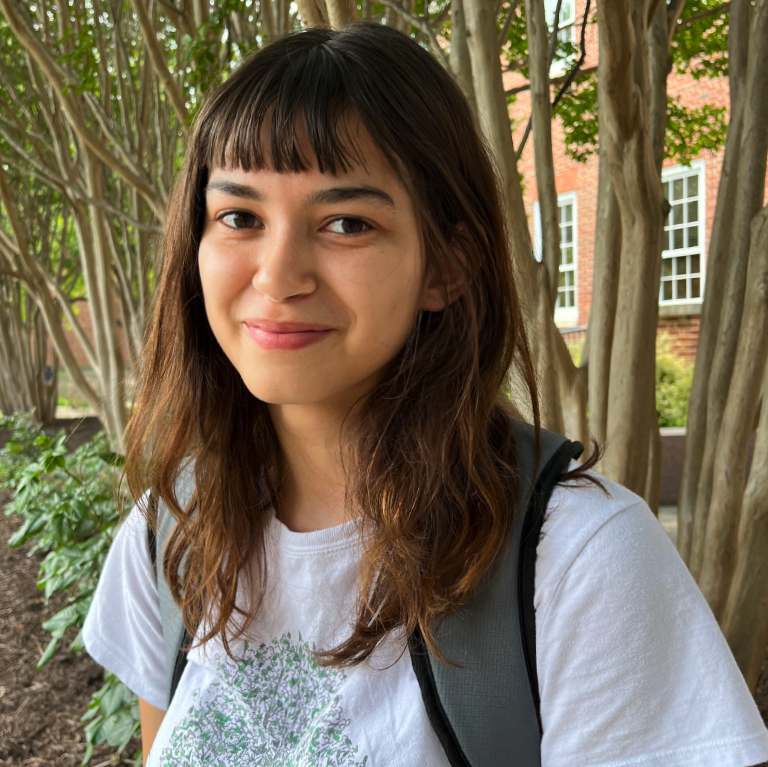
Alyssa Luna is a rising senior at Beloit College, with an anticipated graduation of May 2024. As a 2023 CZNet REU student, Alyssa worked at Brigham Young University, as part of the Big Data cluster, with Dr. Ben Abbott on a project titled: "Persistence of megafire impacts on dissolved organic matter optical properties and reactivity."
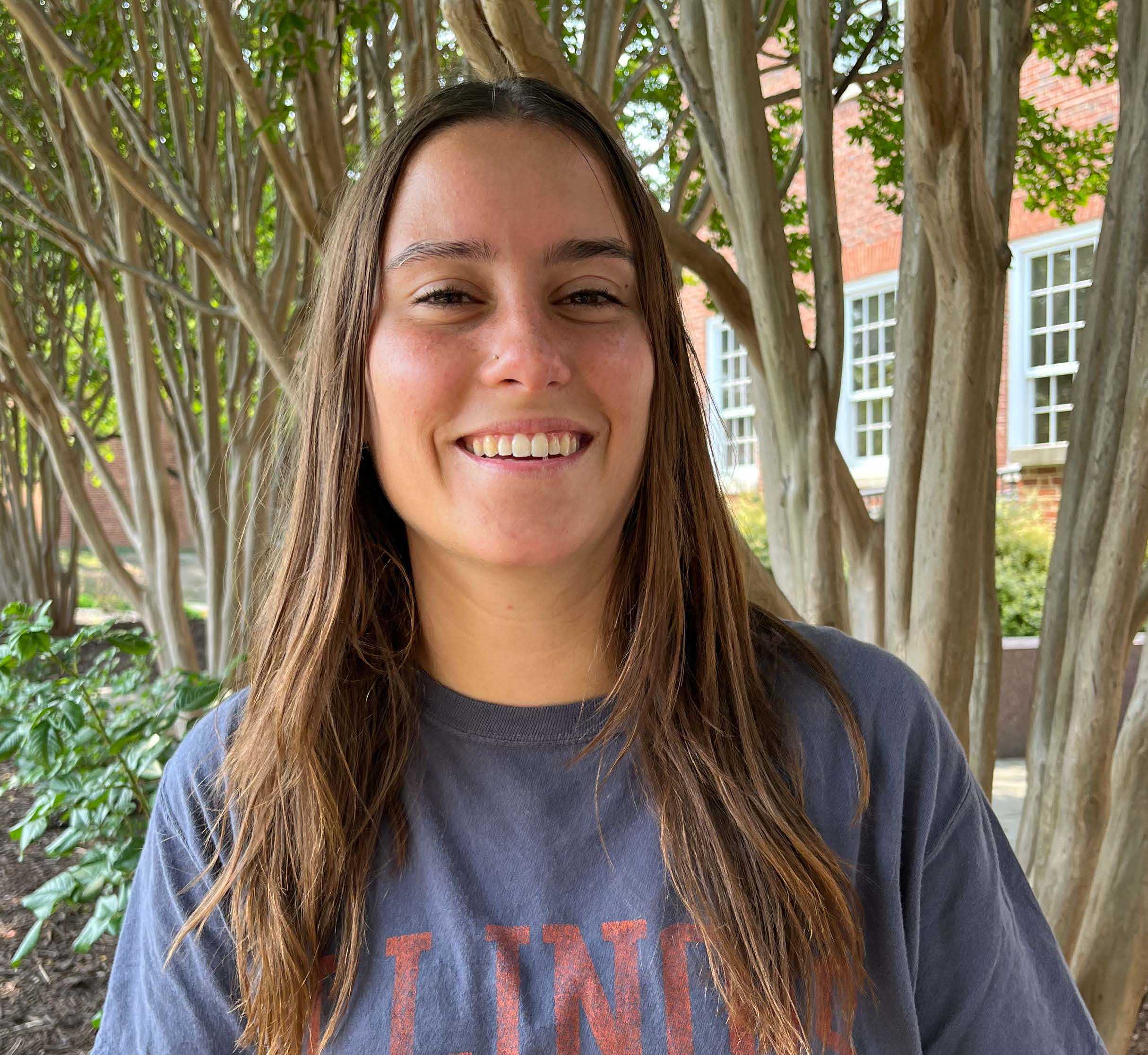
Anne Cook is a student at the University of Illinois Urbana-Champaign. As a 2023 CZNet REU student, Anne worked with Dr. Bruce Rhoads, as part of the CINET cluster, at the University of Illinois Urbana-Champaign on a project titled: “Sediment Dynamics in an Intensively Managed Agricultural Watershed.”
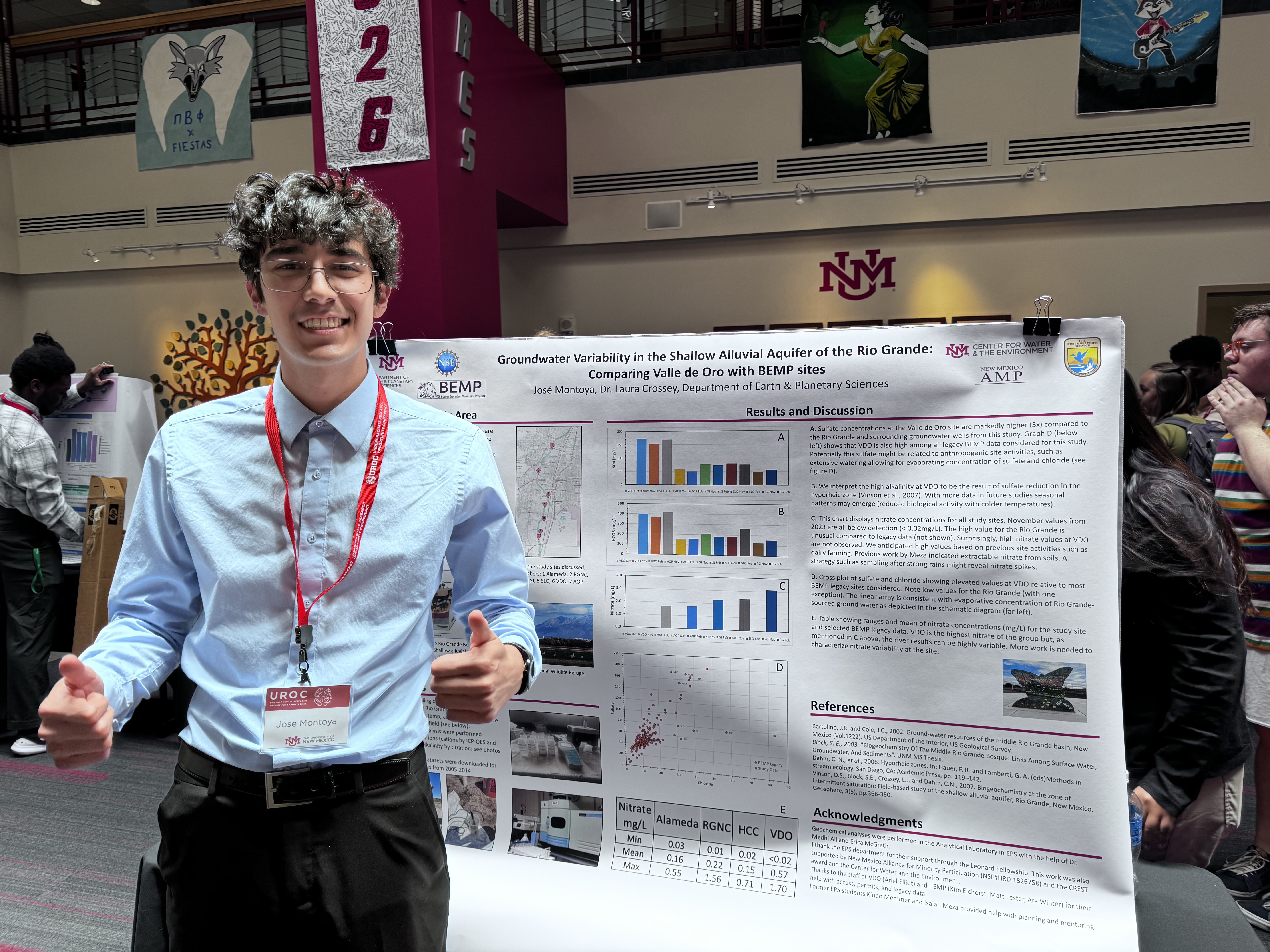
Hello! I am an environmental scientist with several years’ experience in collegiate level hydrology research and many years’ work experience in forestry, botany, and librarianship. As a recent college graduate I am looking into openings in the environmental field. I am eager to make a difference in the environmental sciences!
My notable experience/awards/certificates includes 2 years of undergraduate research at UNM and the Colorado School of Mines, graduation with Magna Cum Laude and an Honors Thesis, diverse work experience at the UNM Main Campus Library, the AmeriCorps "EcoServants" trail crew, Falcon Farms flower stands, and Osuna (plant) Nursery, and a Wilderness First Responder certification.
In my free time I love reading, yoga, ceramics, and backpacking!
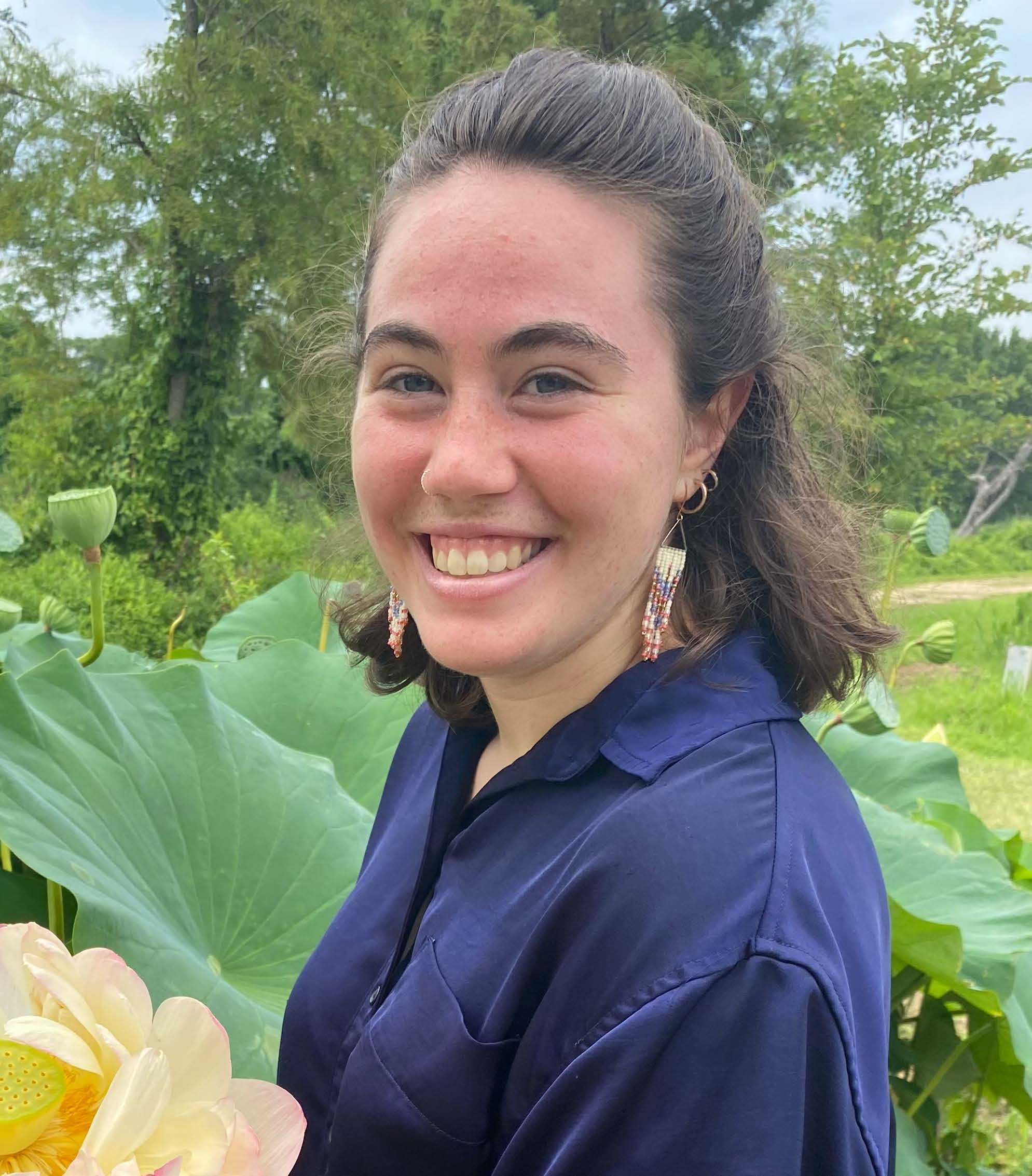
Kat Raiano is a rising senior at American University in Washington, DC, with a Bachelor's degree in Environmental Science and Policy. Kat is from New Hampshire where they enjoy hiking, foraging, gardening, and generally being outdoors. They are passionate about forging mutually beneficial relationships between humans and the natural world by using multiple scientific disciplines, engaging various communities, and advocating for meaningful political change. With the Critical Zone Network, Kat will be a 2023 Research Experience for Undergraduates (REU) student researcher. They will work with Dr. Kate Tully, Nate Spicer, and Brian Moyer at the University of Maryland Agroecology Lab to study how sea level rise on the Eastern Shore of Chesapeake Bay will affect saltmarsh plant communities and their ability to store or release carbon.
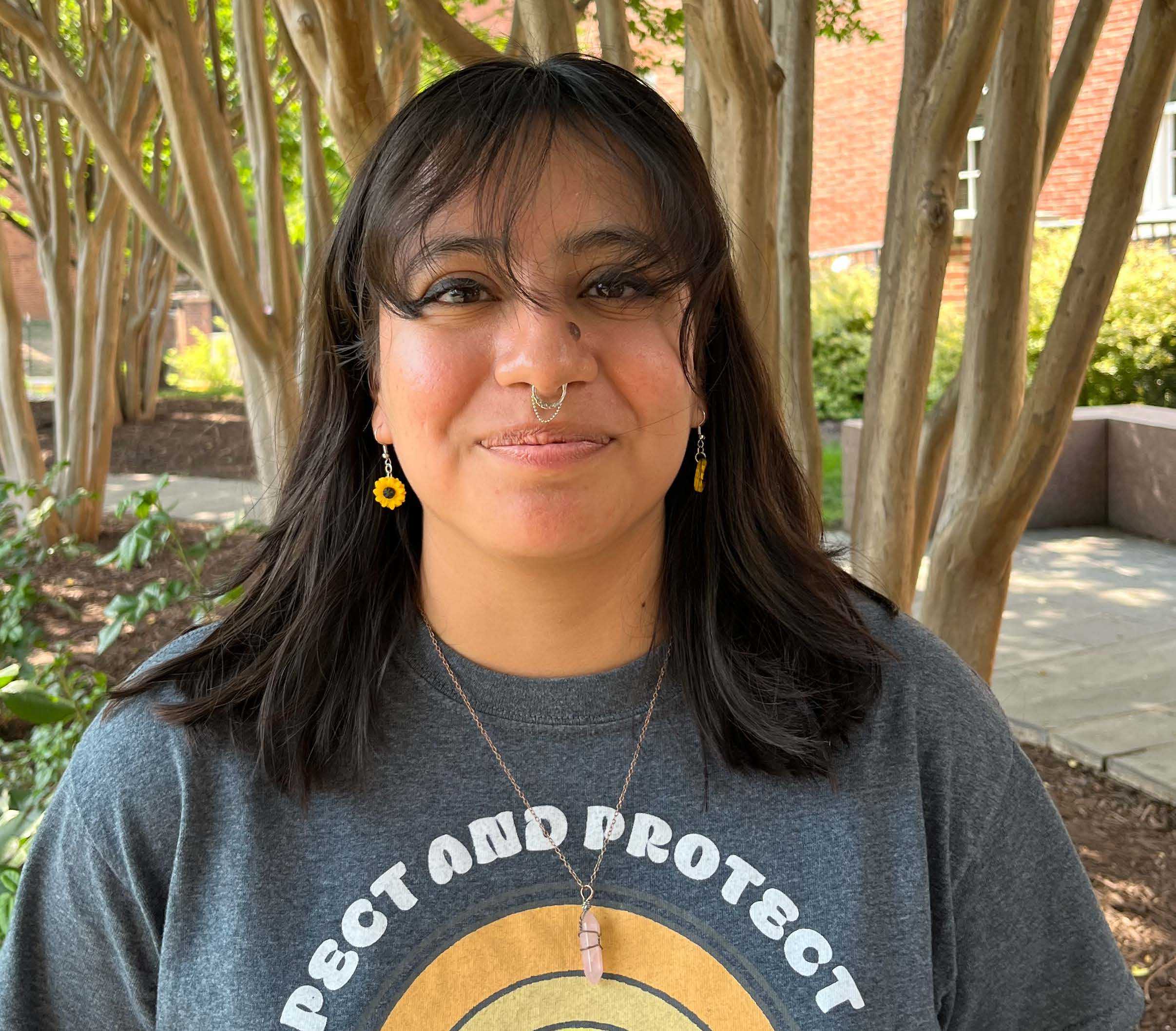
Lariza Avila is currently a student at the University of Texas at El Paso, majoring in Ecology and Evolutionary Biology. She hopes to attend graduate school and work in environmental conservation. In the summer of 2023, Lariza was a CZNet REU student with the Dryland Clyster. Lariza worked with Dr. Jennie McLaren on a project titled: “Phosphorus Availability Shifts across a Desert Soil Chronosequence.”
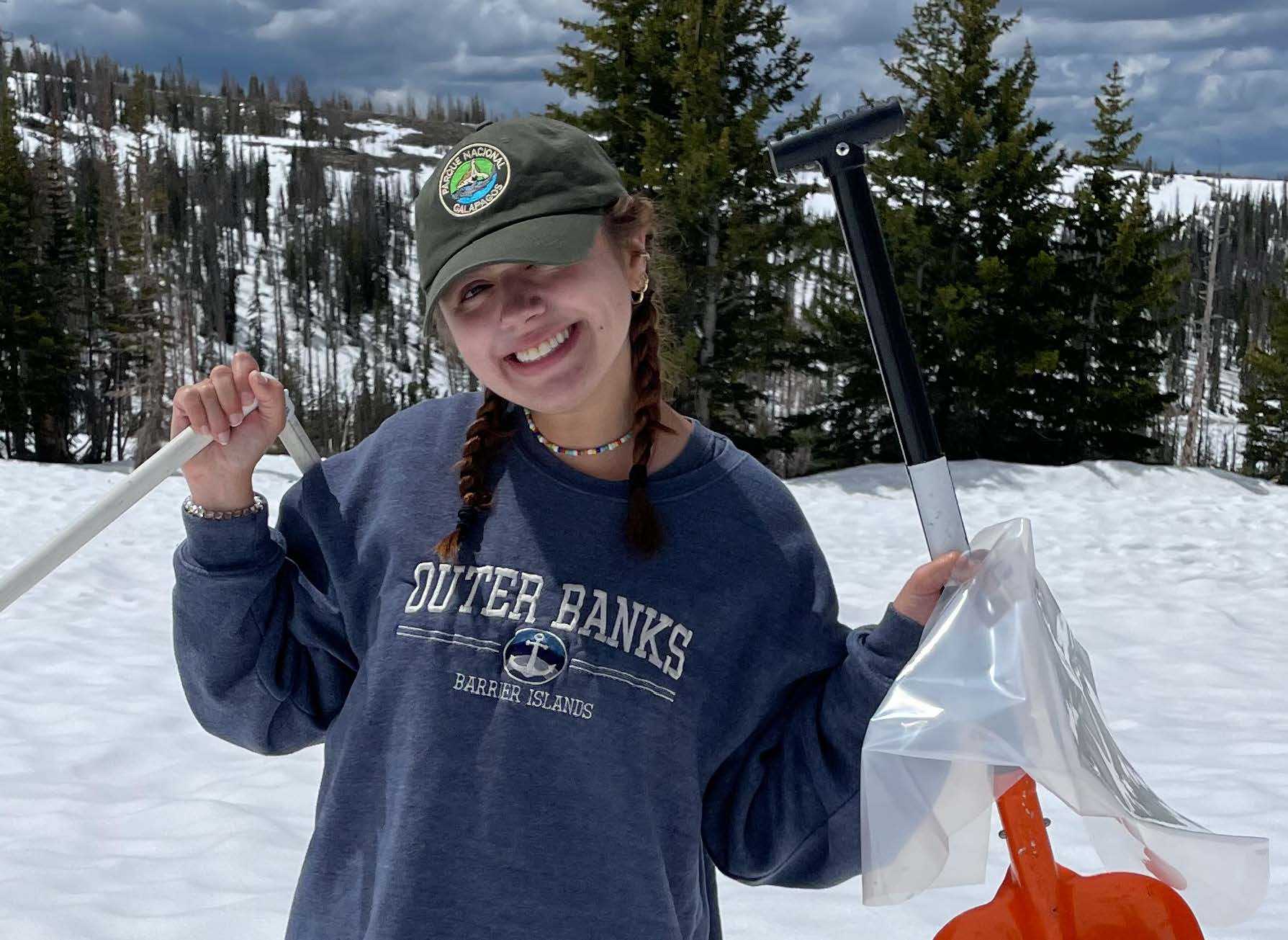
Mia Day is a rising senior at Lafayette College in Easton, Pennsylvania where she is pursuing a Bachelor’s degree in Environmental Science with a minor in History. During the summer of 2023, she participated in a REU at Brigham Young University in Provo, Utah. Working under the mentorship of Dr. Greg Carling, she completed a project entitled “Spatial Variability and Chemical Composition of Dust Deposition in Uinta Mountain Snowpack.” This project contributed to the body of knowledge in the Dust^2 cluster of the Critical Zone.
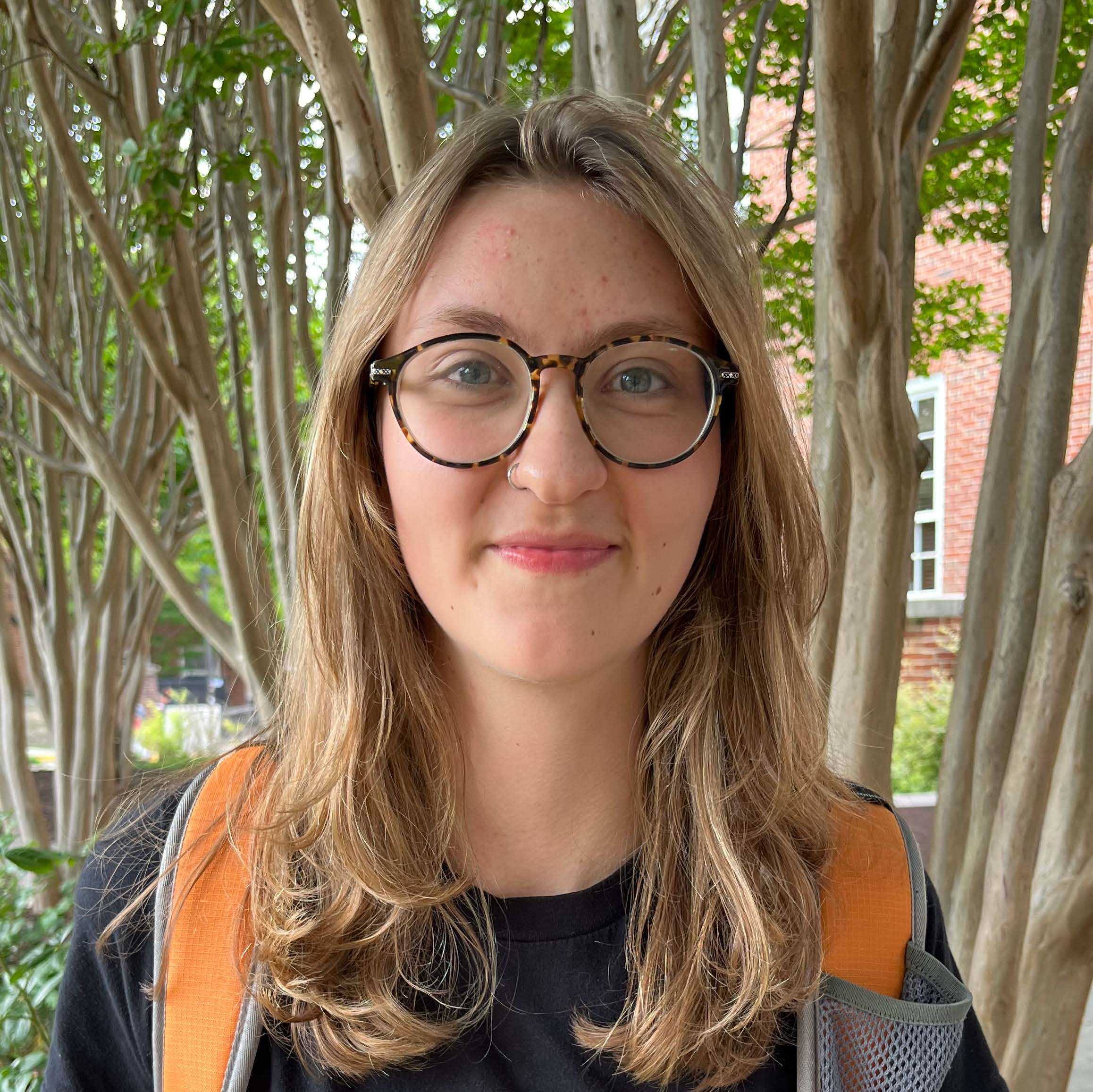
Michaela Brossman is a student at Grand Rapids Community College. As a 2023 CZNet REU student, Michaela worked with Drs. Karen Prestegaard and Mong-Han Huang at the University of Maryland, as part of the Urban Fall Zone cluster. Their project is titled: “Transport and Storage of Sediment Supplied by Road and Urban Construction in the Anacostia River”.
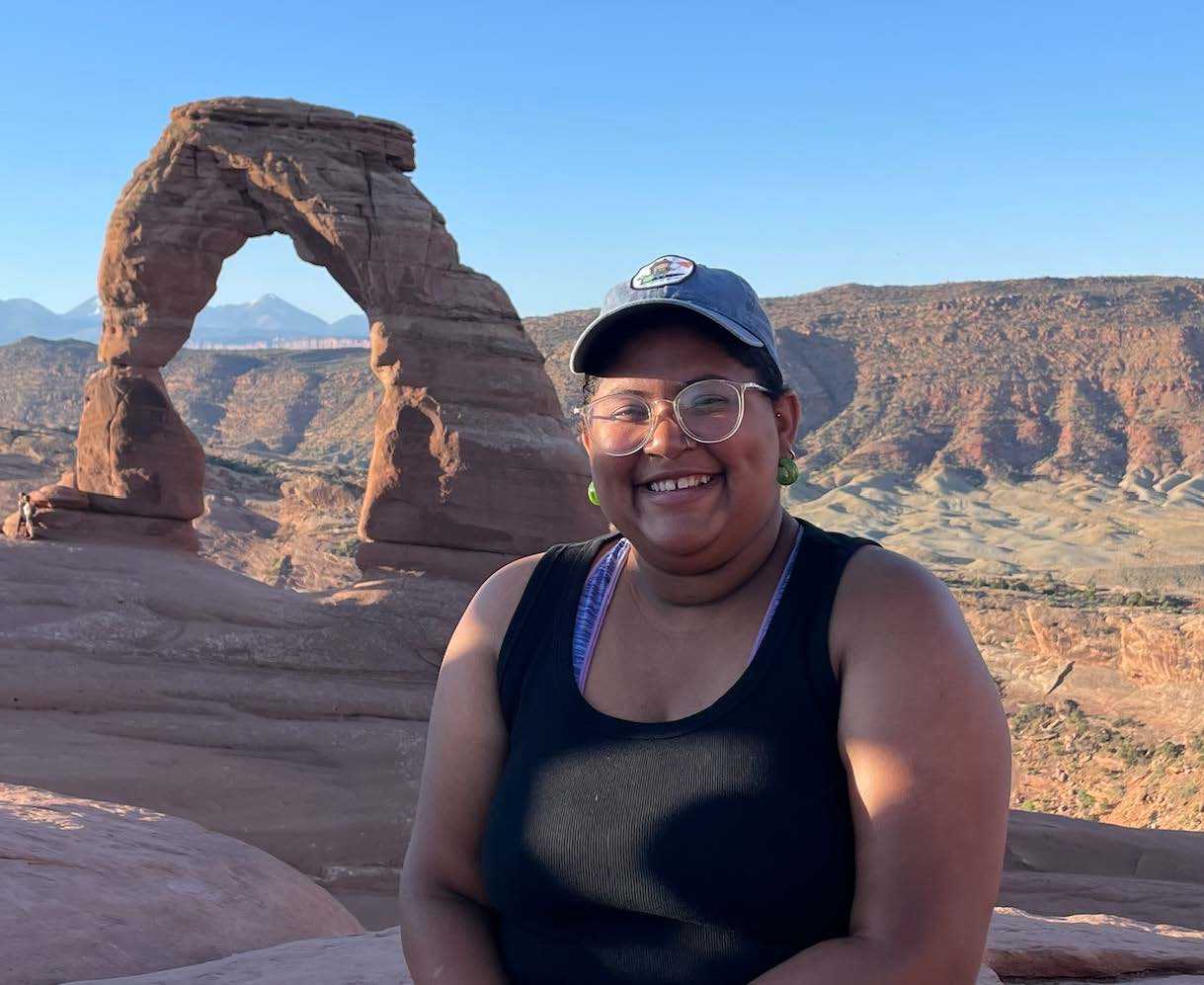
Suly Morel is a senior at Georgia Gwinnett College, set to graduate in December 2024. Last summer, Suly worked with Dr. Ben Abbott and Dr. Greg Carling at Brigham Young University in Utah. The primary focus of their research project was a data-driven analysis of the Great Salt Lake, specifically aiming to determine the average river flow needed to prevent further desiccation of the lake. Additionally, Suly contributed to other ongoing research projects in the professors' labs.
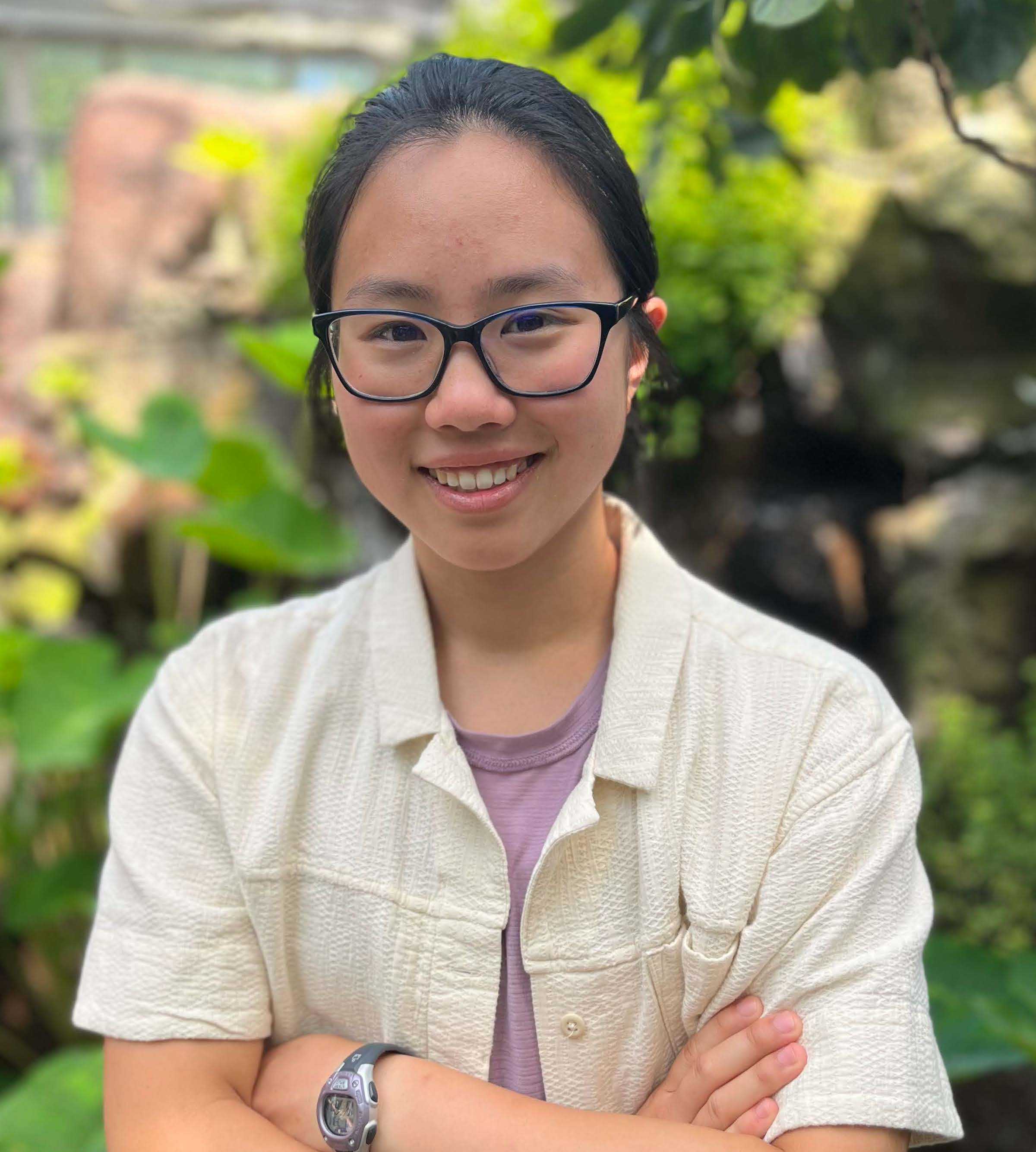
Tristina is a student at the University of Minnesota Twin Cities majoring in Environmental Sciences, Policy, and Management with a focus on environmental science. Her interests include critical zone science, indigenous and community-centered research, and understanding the many interdisciplinary relationships within ecosystems. In her spare time, she loves being outside, spending time with friends, taking pictures of plants, and going on walks or runs around the Twin Cities.
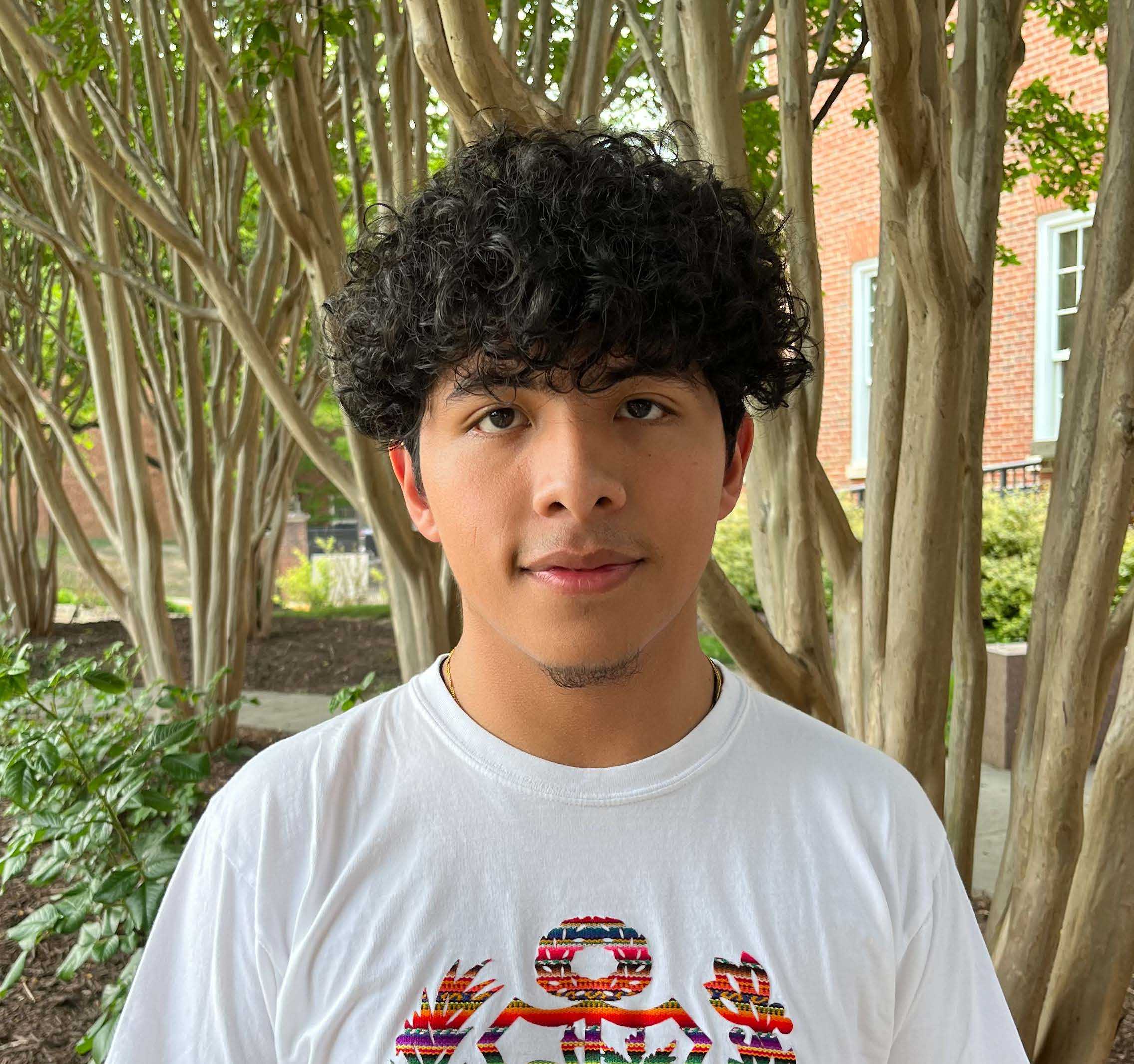
Victor Barrientos is a student at CUNY Queens College. As a 2023 CZNet REU student, Victor worked at the University of Pittsburgh with Dr. Dan Bain, as part of the Urban Fall Zone cluster. Their project was titled: “Chemical Dynamics of Soils in the Urban Critical Zone: Soil Metal Contamination in the Pennypack Creek Watershed of Philadelphia, Pennsylvania.”
The 2023 CZNet-REU held its Virtual Symposium on Friday, August 4, 2023. The students involved in the project gave a lightning talk about their research before sharing a digital poster and answering questions about their research in breakout rooms. Here is the program for the Symposium, including the abstracts that resulted from this summer’s research.
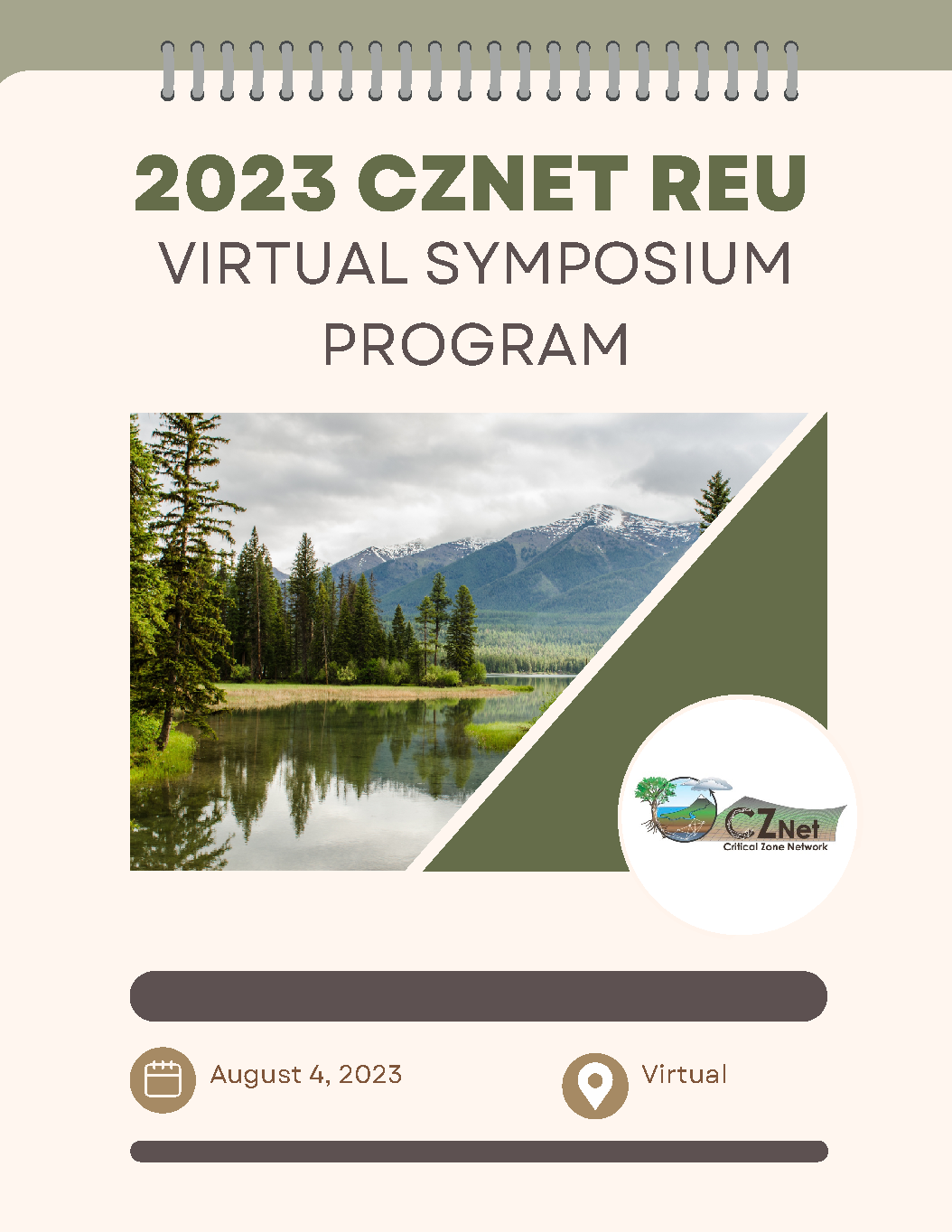
Contact Information
Questions about the program should be directed to cznet@cuahsi.org.
